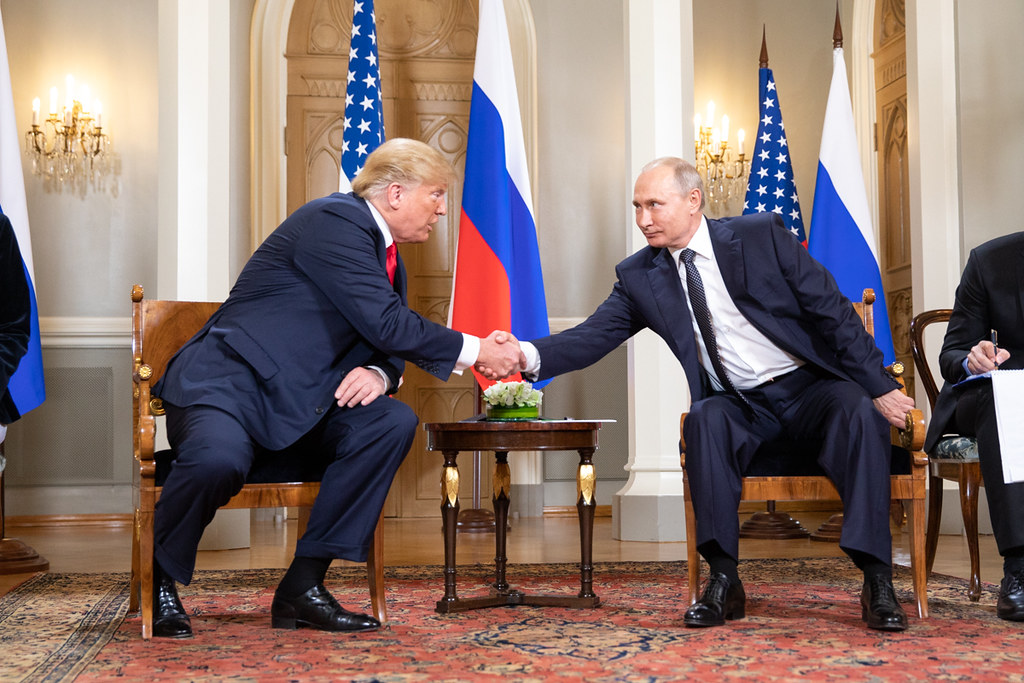Apologies for another newsletter hitting your inbox that opens on the US election results, but it feels remiss not to talk about something that could have large implications for global free expression. Donald Trump is not a free speech hero. As I wrote on Wednesday here his attacks will start with the media. Where they will stop is anyone’s guess. To say we are unnerved by the prospect of another four years of Trump is to understate. With him at the helm the USA could become a hybrid regime, a country merging autocratic features with democratic ones.
While our concerns are first for the people in the USA, we are also worried about what this means globally. Who will criticise China, Russia, Saudi Arabia and the like for their gross attacks to free expression with the same clout as the USA? What terrible things will happen while we are all distracted by the clown in the White House?
But on the note of distraction, I want to end there in terms of Trump and instead talk about other things of import from the world of free expression this week.
First up, Cop29. It starts on Monday and it is keeping to tradition, namely being held in a country that thrives on both oil and the suppression of human rights – in this case Azerbaijan. The Azerbaijan government has long engaged in a crackdown on civil society, which has only heightened over the last few years. Azerbaijan authorities claim they are “ensuring everyone’s voices are heard” at Cop29. This is a lie. Prominent activists, journalists and government critics have recently been jailed, including key voices on the climate crisis. In April, for example, they arrested prominent climate justice activist Anar Mammadli and placed him in pre-trial detention, where he remains.
Such harassment has forced many local activists to leave Azerbaijan. Those who remain risk prosecution and retaliation if they dare voice criticism during Cop29. One person who is not deterred is Danish artist Jens Galschiøt (the artist behind the Tiananmen Pillar of Shame). He and his team are currently transporting three sculptures to Baku to highlight climate injustice. We will be watching closely what happens next.
Beyond Baku, we were disturbed to read this week of a Papuan news outlet, Jujur Bicara (also known as Jubi), which was attacked with a bomb. The bomb damaged two cars before staff at the paper were able to put out the fire. Jubi editor Victor Mambor said that he’s been the victim of a string of attacks, which he believes relate to his work.
As we approach the year’s end we’re reflecting on just what a brutal year it has been for media freedom. Ditto protest rights. Those protesting Mozambique’s election last month can attest to this – at least 18 have been killed since the 9 October vote, with police firing tear gas at protesters this week in the capital Maputo, while in Belarus around 50 people were recently detained, all of whom were connected to peaceful protests around the 2020 elections.
Finally, a good news story, of sorts. The Satanic Verses is no longer banned in India. A court in the country overruled a decades-long import ban on the book. I say good news of sorts because lifting the ban seems to be down to an administrative error. A petition was filed in 2019 on the grounds that the ban violated constitutional rights to freedom of speech and expression. The man who filed the petition, Sandipan Khan, requested a copy of the notification that banned the import of the book back in 1988. When he was informed that the document could not be located, the Delhi High Court ruled that it had “no other option except to presume that no such notification exists”. It’s not every day we get wins in the free speech world so we’ll take this one.
On the note of Salman Rushdie, who was our 2023 Trustees Award winner at our annual Freedom of Expression Awards, we’ve just announced the shortlist for our 2024 awards. Click here to see the amazing individuals and organisations who are holding the line on free expression today. And if you value free expression and you have been rattled by the events of this week please do consider donating to Index. We’re a small charity with big ambitions and a lot of that is down to the support of people like you.
Thank you and take care.






